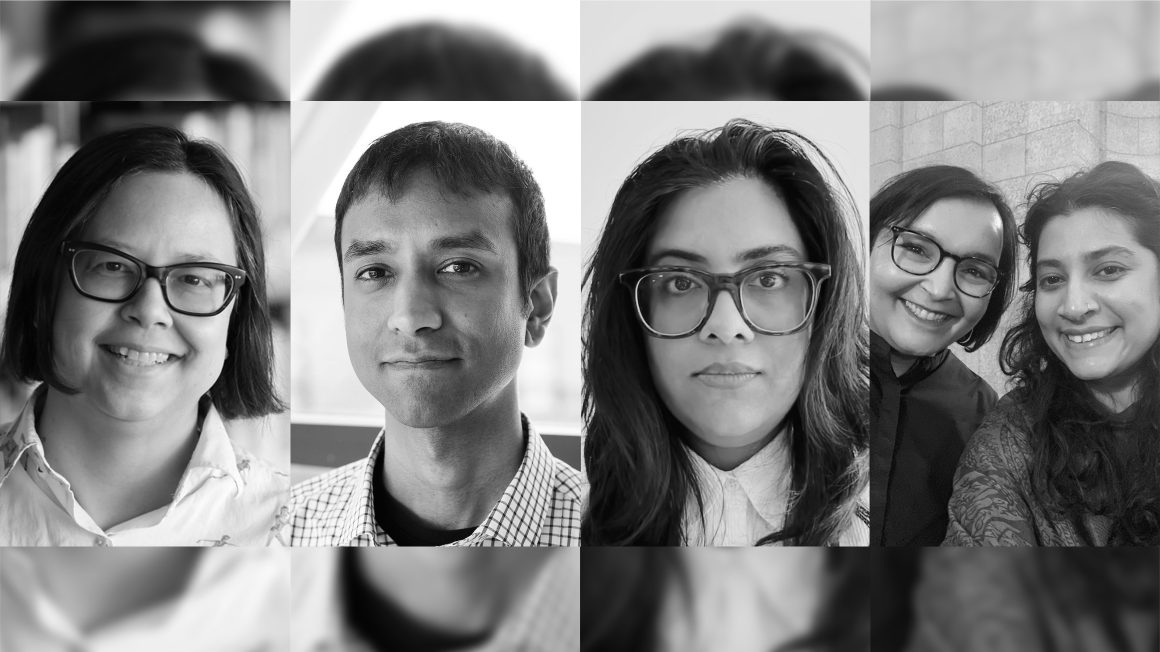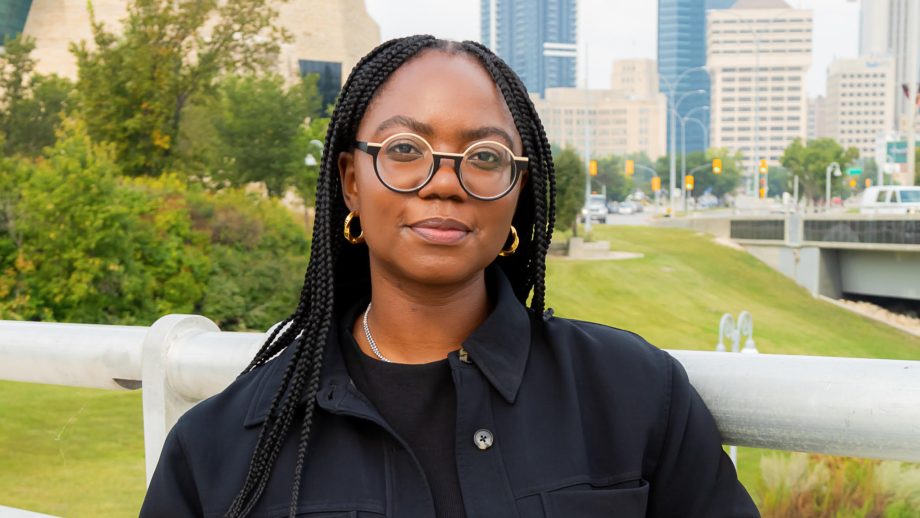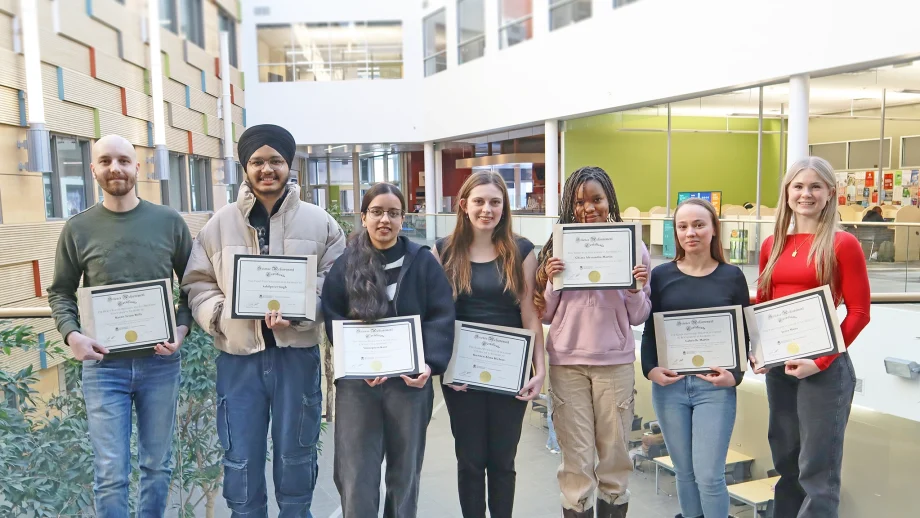The University of Winnipeg’s Research Mentorship Program now includes a BIPOC Mentorship Network focusing on faculty who identify as BIPOC (Black, Indigenous, People of Colour). The piloting of this network was made possible through a $10,000 Canada Research Chair Equity, Diversity, and Inclusion Stipend.
Larissa Wodtke, the Program Officer for Equity, Diversity, Inclusion, Anti-Racism, and Decolonization (EDI/AR/D) and Research, who successfully applied for the stipend, facilitates the program that has brought seasoned faculty members together with emerging academics.
“We want to foster a sense of belonging by providing knowledge and tools to navigate the unique challenges that BIPOC faculty face at any point in their careers,” explained Wodtke.
The purpose of the program is to connect new BIPOC faculty with campus members who have institutional knowledge and can provide guidance on how to navigate the challenges of campus life and professional development as a racialized person.
I see this as a way to break down barriers which create new connections through research.
Dr. Sharanpal Ruprai
Wodtke stresses that this faculty mentorship group is non-hierarchical and encourages faculty at all stages of their career to share their knowledge and expertise. Over the Fall and Winter Terms the network has grown to 35 members across 16 different departments.
The BIPOC Mentorship Network’s activities and resources have been developed in response to the needs expressed by BIPOC faculty, including how to deal with racism in the classroom, how to navigate additional labour and cultural taxation, and how we might decolonize research funding. There has also been a full-day career development workshop with guest facilitator, Dr. Sailaja Krishnamurti, an associate professor at Queen’s University.
Dr. Sharanpal Ruprai, associate professor in the UWinnipeg Department of Women’s and Gender Studies, who co-facilitated the career development workshop, has been working for years on fostering BIPOC community and mentorship on campus.
“I see this as a way to break down barriers which create new connections through research,” said Dr. Ruprai. “It’s also important for new BIPOC researchers to have a group to bounce ideas around, and more importantly, to make connections with each other.”
PhD candidate Zabeen Khamisa is new to Winnipeg and in her first year at UWinnipeg as an instructor in the Department of Religion and Culture.
Khamisa, a queer graduate student of East African Indian heritage, had the opportunity to create a BIPOC Student Collective during her PhD at University of Waterloo. The Collective provided a safe space for LGBTQ+ BIPOC domestic and international students. She feels fortunate to continue having mentorship and community with UWinnipeg’s BIPOC Mentorship Network, also with Dr. Ruprai as her mentor.
“It was such a relief when I learned about the UWinnipeg BIPOC Mentorship Network,” said Khamisa. “It gave me a starting point to build meaningful community, learn more about our institution, and commiserate with colleagues who are at various points on our academic journeys.”
Dr. Hannan, associate professor in the Department of Rhetoric, Writing, and Communications, recalls how challenging it was to navigate academic spaces as a junior faculty member. He recognizes the importance of this community where members share their challenges and experiences in a welcoming and supportive space.
“Now that I’ve been working at UWinnipeg for some time and am familiar with how the institution runs, I want to be able to provide that type of guidance to new members of the University community who might have the same questions I had,” shared Dr. Hannan.
Khamisa is busy teaching three classes and finishing her dissertation, so she doesn’t have a lot of time for social activities. One Friday afternoon, needing company, she was grateful for a BIPOC Mentorship Network lunch that was ideally timed between her class and seminar.
“I was so grateful to have a place to go to on campus, hang out, and share a yummy warm meal with great company,” expressed Khamisa.
Dr. Farra Yasin teaches in education. She found the BIPOC orientation addressed questions relevant to BIPOC people and fostered great dialogue and helped build meaningful relationships.
“Don’t do equity work alone when you can work as a network,” shared Yasin. “The lunches further discuss how things are going and what we can do to better support each other. It provides the seeds for future actions and presentations.”
Like Khamisa, Dr. Yasin and Dr. Hannan encourage other faculty members to participate. “Come join the program! You can meet new people, learn lots, and enjoy good food,” said Hannan.
If you would like to join the BIPOC Mentorship Network, please reach out to Larissa Wodtke at l.wodtke@uwinnipeg.ca.





